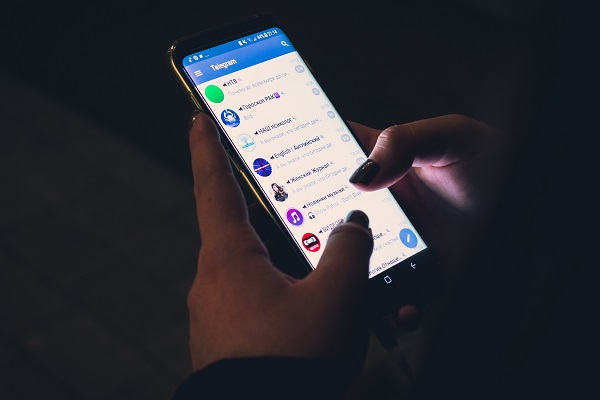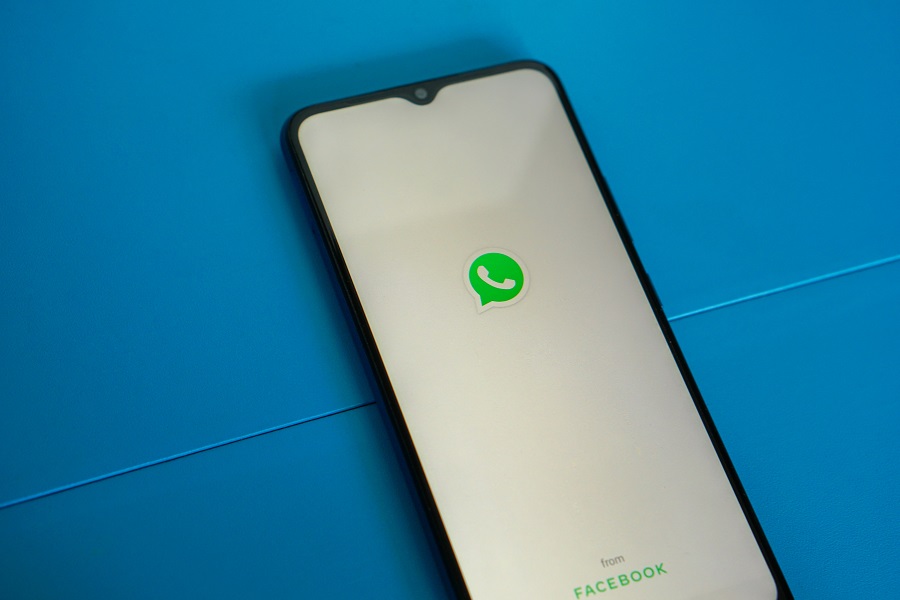Judge strikes down Section 230 argument in online social platform case.
The online chat service Omegle cannot dismiss a lawsuit filed against it after its matching system paired an 11-year-old girl with a man who then sexually abused her. A district judge in Portland, Oregon, said the system couldn’t be protected because it involved user-generated content, and the case could be a landmark one in the fact that it might open the doors for even more prosecutions based on how a platform designs its services. The 2021 complaint claimed Omegle’s service was “defective and falsely represented.” It’s a common legal strategy used in the courtroom that generally fails due to Section 230 of the Communications Decency Act, which provides immunity for website platforms with respect to third-party content.
Section 230 specifically states that online intermediaries or host sites at which users post speech are protected against a range of laws that might otherwise be used to hold them legally responsible for what others say and do. The hosting site takes the position that it cannot be held liable for communication between third parties and these parties are free to express themselves as they wish under the Freedom of Speech.

Omegle’s site encourages visitors to “Talk to Strangers!” It states, Omegle (oh·meg·ull) is a great way to meet new friends, even while practicing social distancing. When you use Omegle, you are paired randomly with another person to talk one-on-one. If you prefer, you can add your interests and you’ll be randomly paired with someone who selected some of the same interests.”
Obviously, the structure of the site is one in which it is possible to be paired with someone who has less-than-upstanding motives to chat with another user, and it could be argued that this is evident right from the start.
However, Judge Michael Mosman, appointed by former Republican President George W. Bush, determined the suit “targeted functions specifically designed by Omegle rather than speech by other users on the platform” and he wrote, “Omegle could have satisfied its alleged obligation by designing its product differently—for example, by designing a product so that it did not match minors and adults. What matters for purposes of those claims is that the warnings or design of the product at issue led to the interaction between an eleven-year-old girl and a sexual predator in his late thirties.”
These facts, according to the judge, were independent of the actual content exchanged between users which would have been an easier Section 230 position for Omegle to win. Mosman’s opinion cites a Ninth Circuit ruling determining that Snap (parent company of Snapchat) could be sued for its “speed filter,” which tracked how fast a user was moving, “encouraging people to reach unsafe speeds that led to car crashes.” The speed filter was ultimately removed.
Mosman’s ruling threw out some other claims in the original suit, including one that relied on FOSTA-SESTA, a Section 230 exception allowing lawsuits based on federal trafficking statutes. He opined that the current case was based on state law. If the decision is upheld by higher courts, it could become one of many legal cases that are filed arguing a similar Section 230 position.
Sources:
Omegle can be sued for matching child with sexual predator, says court


Join the conversation!